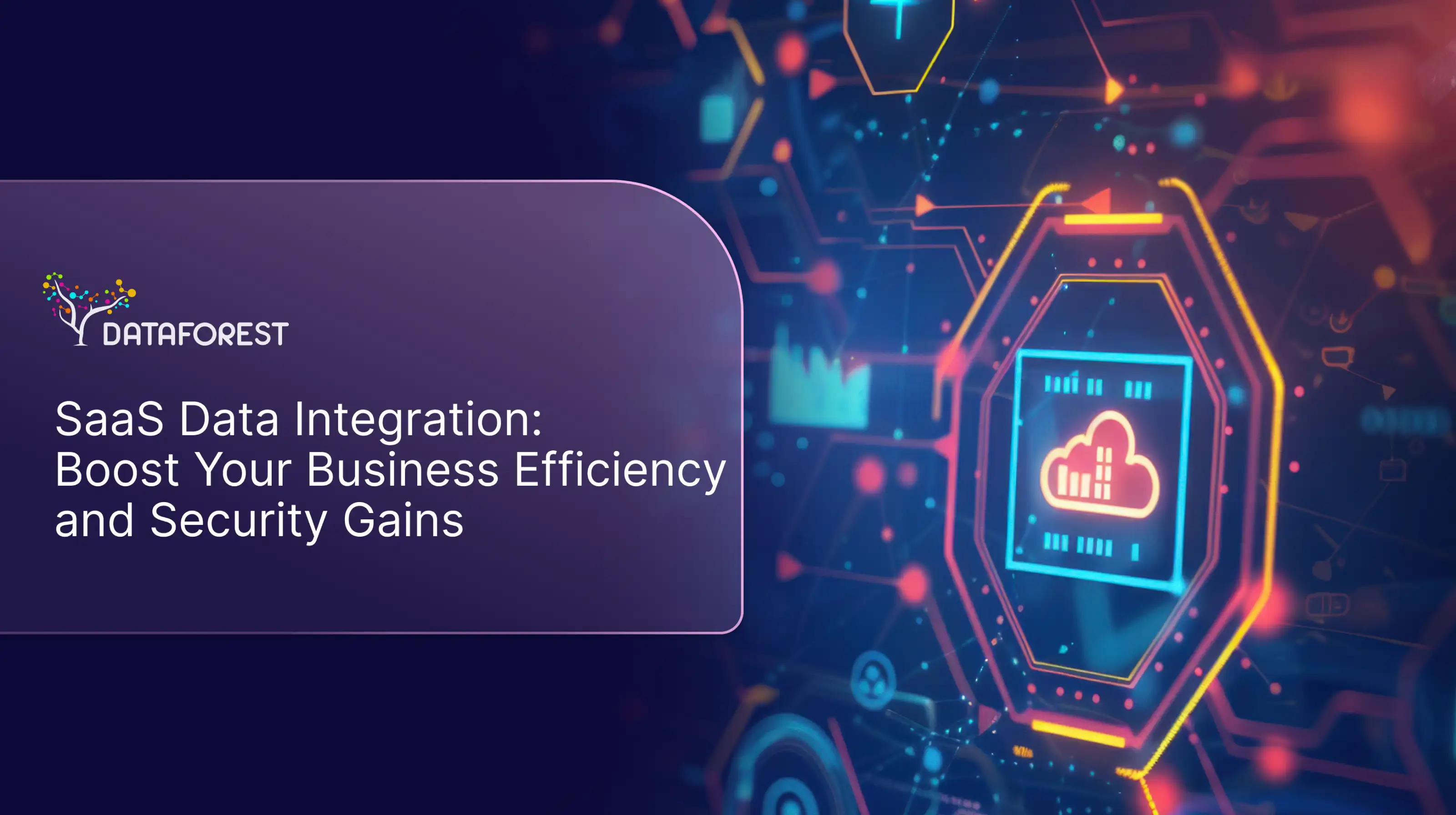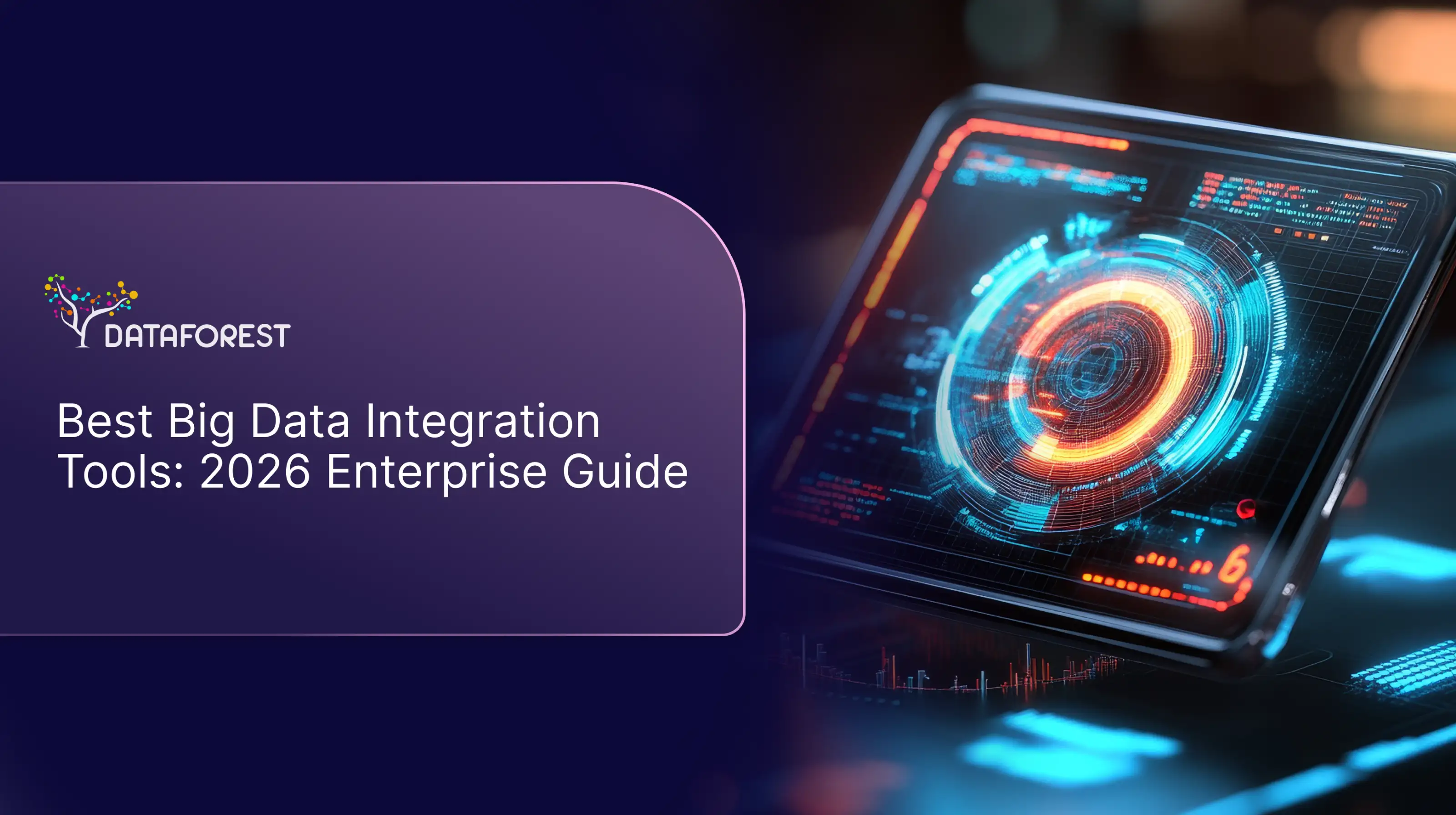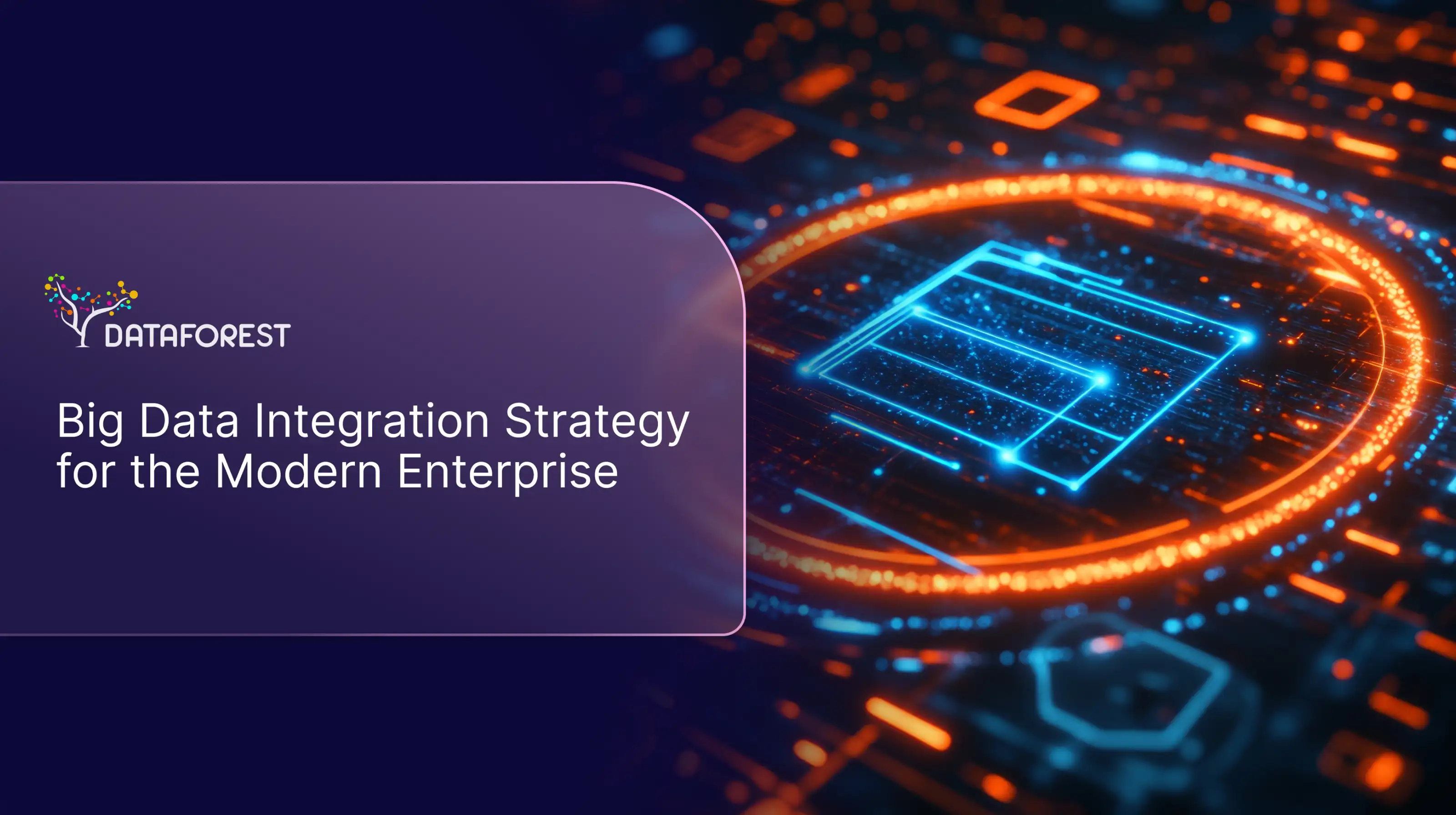Cloud platforms are full-fledged environments for launching artificial intelligence, machine learning, data analytics, generative models and any AI solutions. They allow companies to run complex applications, process large amounts of data, train ML models, and rapidly scale solutions without the need for their own physical servers. Companies that want to build smart products, predict customer behavior, or simply process data faster are no longer building it from scratch. They are switching to the cloud. And here arises the main question: which cloud provider to choose––AWS, Azure, GCP, IBM, Oracle or Alibaba Cloud? In this article, we will review important aspects to pay attention to when choosing a cloud provider for AI solutions, compare the capabilities of leading platforms, and show how they are used in real business projects.
Key Criteria for Choosing a Cloud Provider for AI Applications
Artificial intelligence has different demands on the cloud compared to a typical hosting environment––the availability of ready-made AI services, AI model training, support for ML infrastructure, and transparent economies of scale. Below are four criteria to consider when choosing a cloud platform provider.
Performance & Scalability
AI workloads require powerful computing resources, especially in cases with deep learning or distributed models. It is important that the provider provides access to modern GPUs, flexible horizontal scaling, and stable performance during peak loads.
AI Services & Tools
The availability of ready-made services (AutoML, generative models, built-in pipelines for training and deploying models) significantly speeds up team work and development. Support for popular ML frameworks, MLOps tools, and convenient SDKs for integration are also important.
Data Security & Compliance
Processing personal or sensitive data requires a high level of protection. Certifications (e.g. ISO 27001, SOC 2, GDPR), access control, logging, encryption are all critical for projects in the financial, healthcare, and government sectors.
Pricing & Enterprise Support
AI projects can start with a small PoC but scale quickly. It is important that the pricing model is transparent, with the ability to optimize costs. In addition, it is worth paying attention to the quality of technical support, SLAs, and the availability of additional consultations.
Top 6 Cloud Providers for AI-Powered Business Applications
1. Amazon Web Services (AWS)
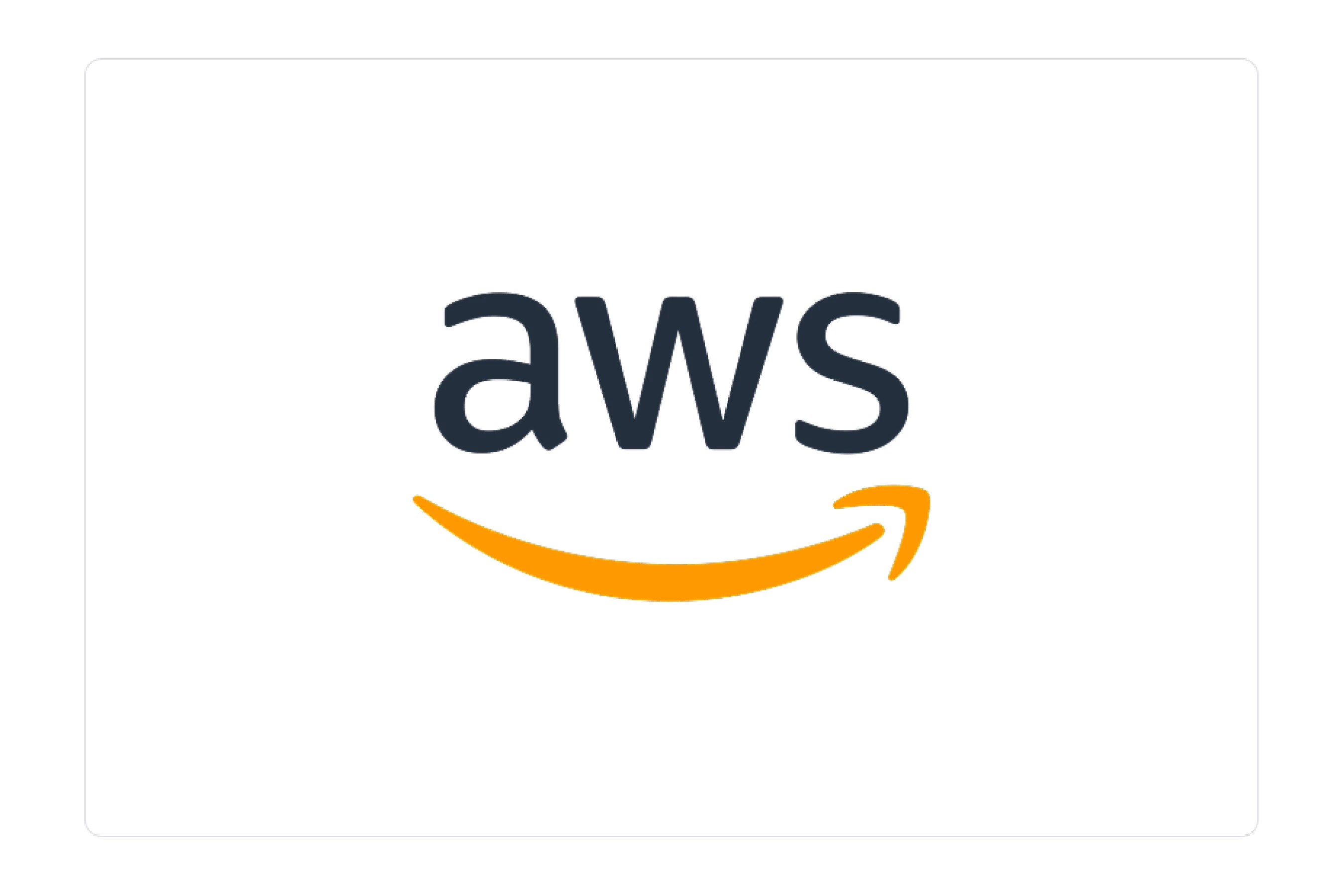
In terms of scalability and variety of tools, AWS remains one of the strongest options for AI projects. Here you can find everything from ready-made services for running models to full control over computing environments. One of the most widely used tools is Amazon SageMaker, a platform that covers almost all machine learning tasks: data preparation, training, hyperparametric optimization, model deployment and monitoring. And what’s important, with the ability to automate these processes.
For those working with generative AI, AWS offers Amazon Bedrock, a service that allows you to connect to large language models from third-party developers and run them without the need to manually configure the infrastructure. It is worth mentioning Deep Learning AMIs, pre-configured images of environments with GPU support. It allows you to quickly start a project on a familiar stack without wasting time on configuration. AWS has a clear advantage for teams that need flexibility and access to a broad ecosystem of services.
2. Microsoft Azure
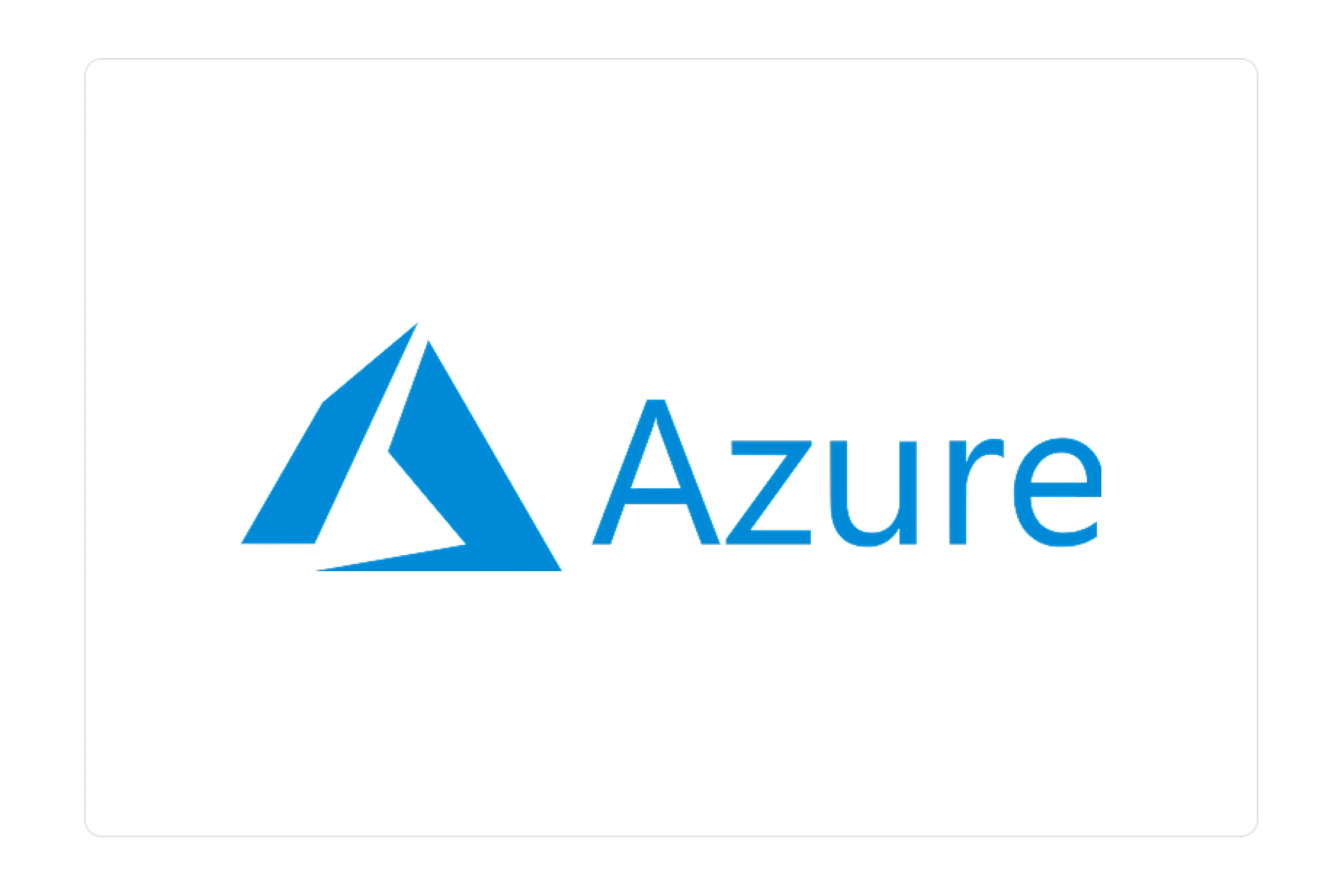
Azure is often chosen by those who are already integrated into the Microsoft ecosystem — for example, using Office 365 or Dynamics. Of course, this is not the only reason. Azure provides AI-powered analytics and other solutions, like speech processing. Azure Machine Learning is a platform for creating, training and deploying models, with support for MLOps and the ability to use both low-code and fully custom approaches. For teams building complex pipelines or working in regulated industries, this can be especially valuable — there are mechanisms for controlled access, logging experiments and integration with DevOps processes.
A separate block is Cognitive Services. This is a set of APIs that allow you to quickly add facial recognition, speech, emotion, text, translation, etc. to a product — without deep knowledge in the field of machine learning, which is very convenient when you need to implement something as quickly as possible. And of course, it’s hard not to mention the integration with the OpenAI API, including GPT models, which are now available through Azure. For businesses working with generative AI, this opens up a wide range of opportunities, while keeping data within the Azure infrastructure, which can be critical from a security perspective. Azure is a good fit for those who value stability, integration with corporate systems, and granular control over processes without having to delve deeply into the infrastructure details at every step.
3. Google Cloud Platform (GCP)

GCP is, first and foremost, a platform that was created by Google for their own AI needs. Everything here is focused on working with data, analytics, and machine learning. If a team wants to quickly experiment with models or build data-first products, it’s worth taking a closer look. Vertex AI is the only platform for the entire ML lifecycle: from data import to model deployment. It supports custom models, AutoML, integration with BigQuery, and also has built-in MLOps functions. Another advantage is BigQuery ML. This is an extension of the BigQuery analytical tool that allows you to create machine learning models directly from SQL. This way, analysts can build predictive models without switching to separate ML tools. GCP also offers AutoML—a series of services that allow you to train models even without programming experience. In general, GCP is a good fit for teams that actively work with data and want to combine AI models with a powerful data architecture.
4. IBM Cloud
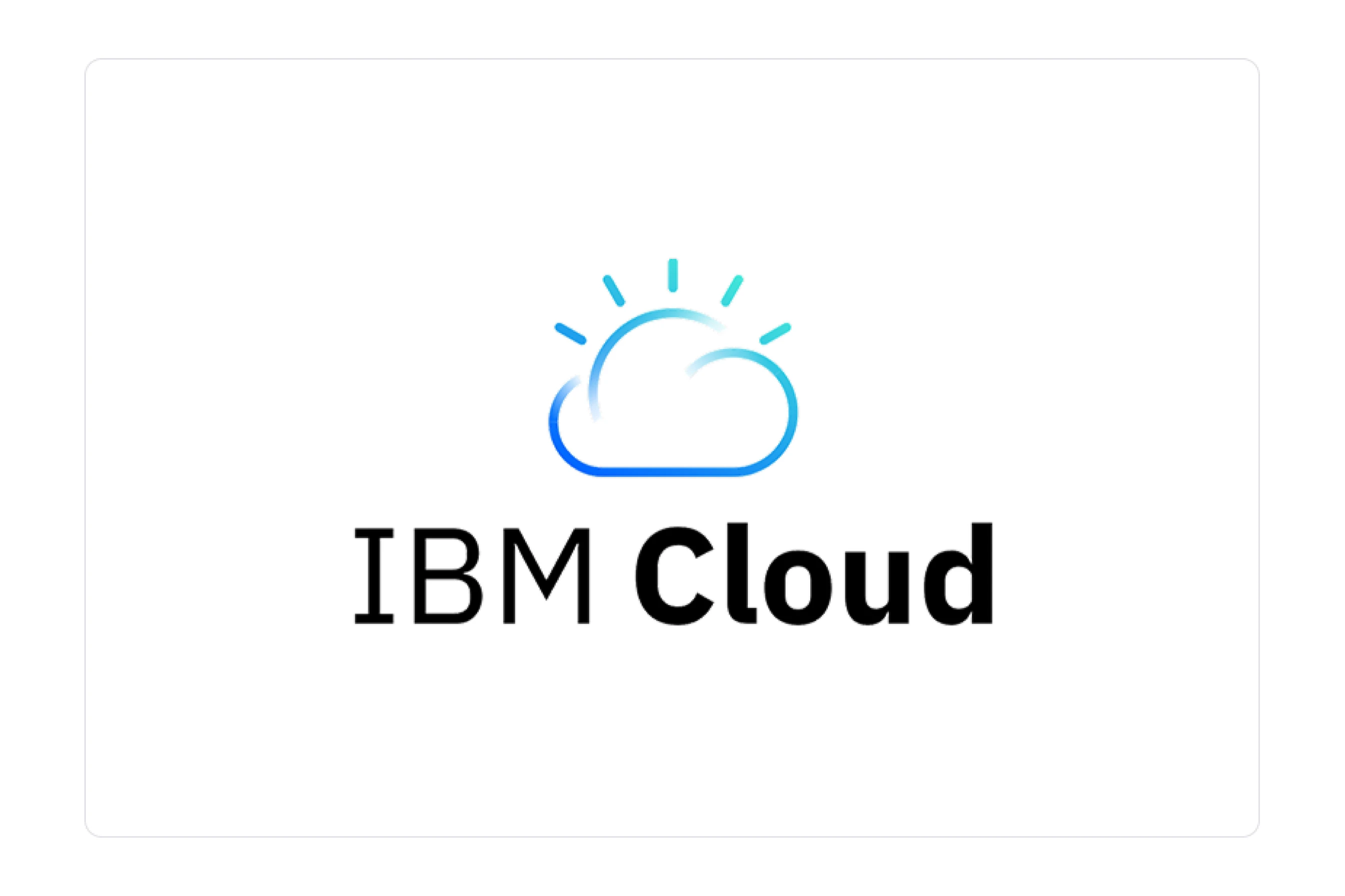
IBM Cloud is less popular but it should definitely not be underestimated. This platform is often chosen by companies in industries where model explainability, regulatory compliance, and data control are critical, for example, in finance, healthcare, or the government sector. Their key product is Watson AI. This is a brand that IBM has been developing for over a decade, and it provides various tools for NLP, computer vision, chatbots, forecasting, and generative AI. Watson offers both ready-made models and the ability to train your own on private data. What sets IBM apart from the rest is its focus on Explainable AI. This is a set of tools that allow you to understand why a model made a certain decision.
IBM Cloud also supports hybrid and multi-cloud scenarios through Red Hat OpenShift, allowing you to run AI solutions in both the cloud and on-premises infrastructure without sacrificing flexibility or security. This platform is a perfect fit for companies that value manageability, reliability, and auditability of processes.
5. Oracle Cloud Infrastructure (OCI)
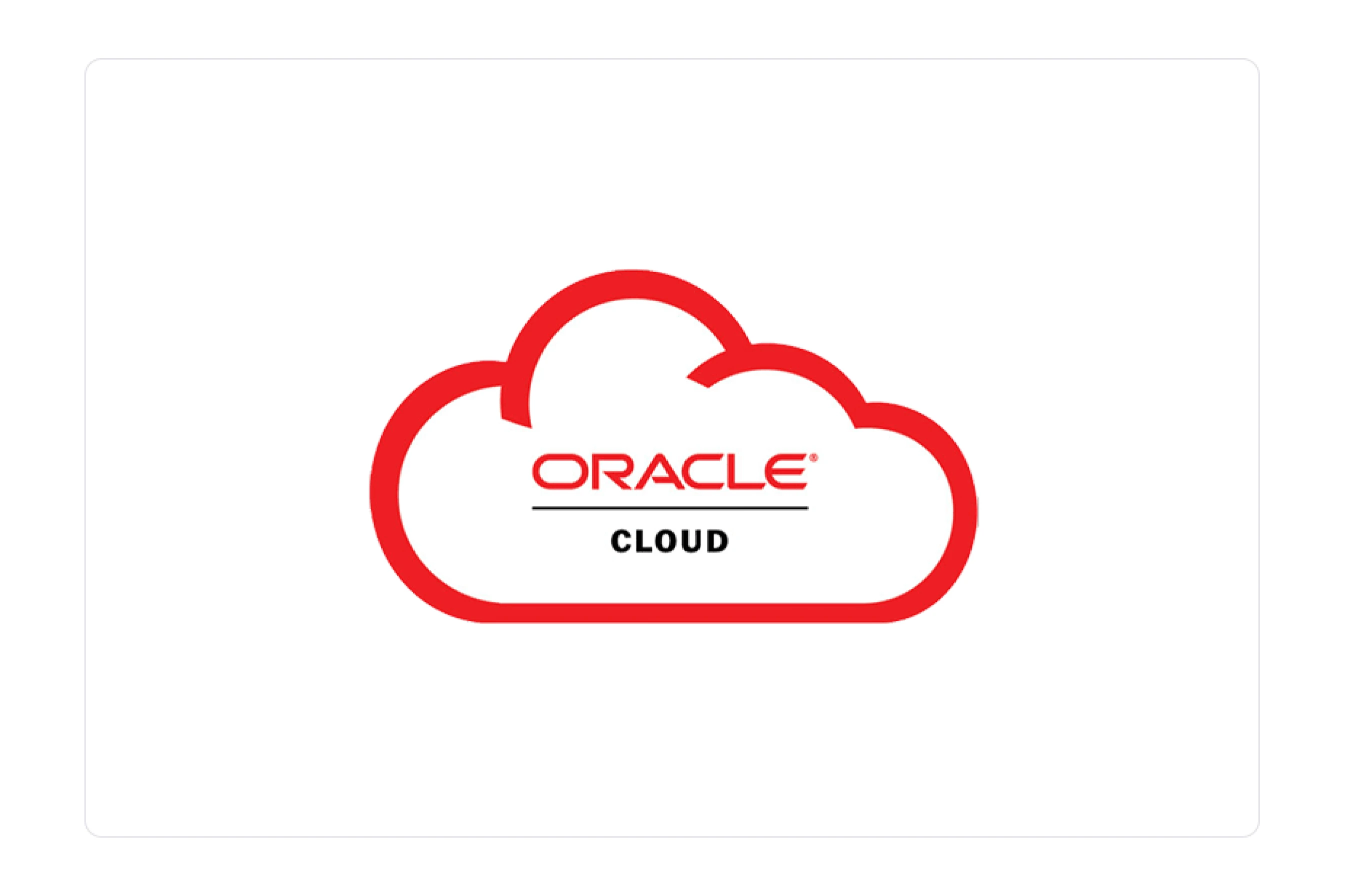
OCI is often associated with enterprise applications and databases, but in recent years Oracle has also been actively developing the AI solutions. For businesses that already use Oracle systems, OCI becomes a logical choice due to deep integration and the ability to quickly implement AI functions directly into business processes. Their main focus is on Oracle AI Services. They include ready-made solutions for language processing, computer vision, document analysis and customer behavior prediction. The capabilities of automating workflows using AI are especially valuable.
OCI also introduced Fusion AI applications: sets of ready-made business applications with built-in artificial intelligence that help optimize resource management, finances and human resources. OCI supports scalable computing, intelligent automation, GPU instances and model deployment automation, which makes the platform attractive to organizations that want to combine traditional IT infrastructures with modern AI solutions. If your business already works with Oracle, or is looking for a platform with a strong focus on integrating business applications and AI, OCI is worth considering.
6. Alibaba Cloud
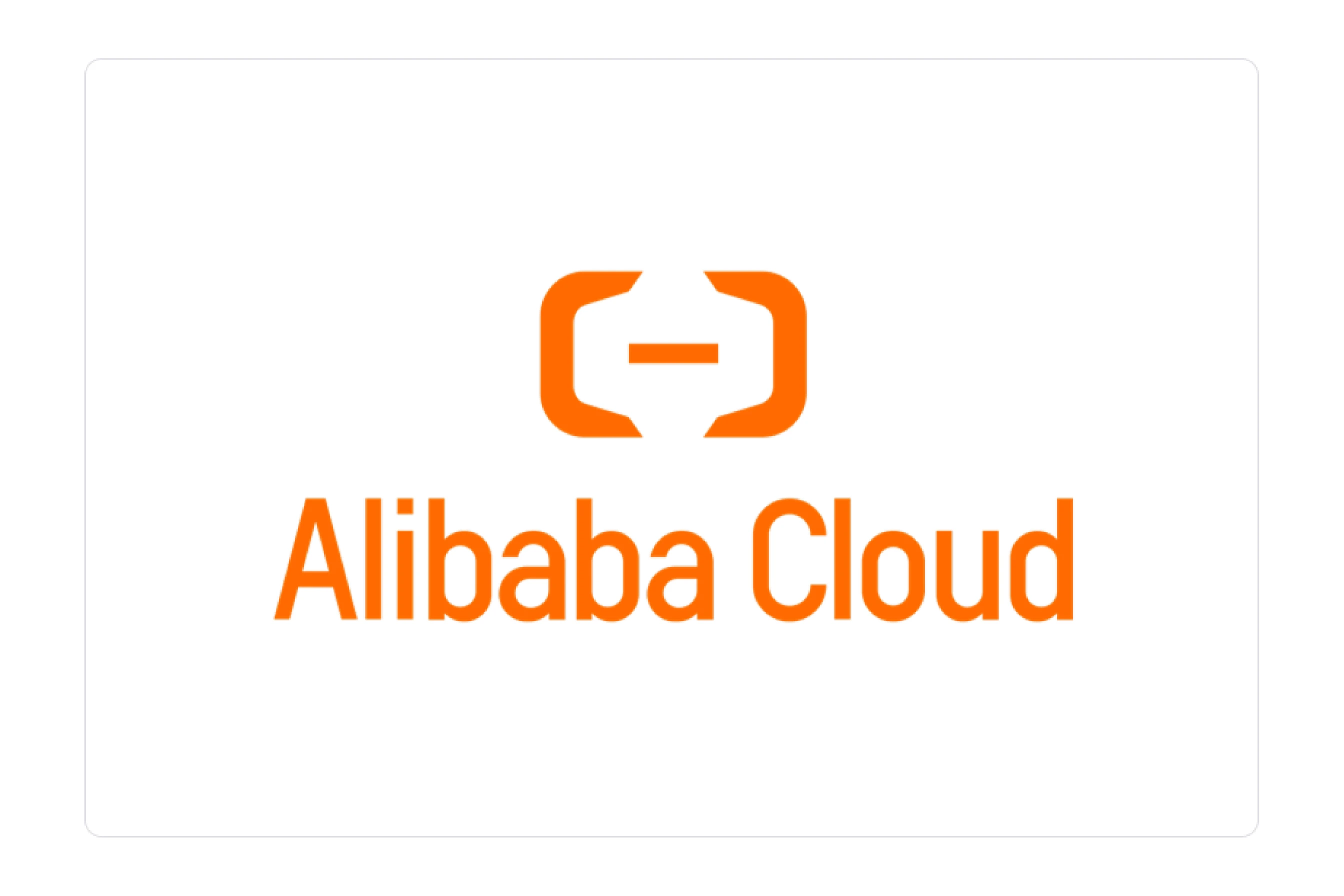
Alibaba Cloud is the most popular cloud provider in China, which is rapidly expanding its presence in the global market. For businesses operating or planning to expand to Asia, this can be a good fit. The platform offers Machine Learning Platform for AI (PAI)––a set of tools for data preparation, model training, their optimization and deployment. PAI supports both ready-made algorithms and custom models. Alibaba Cloud is particularly focused on integrating AI with e-commerce, logistics and fintech. There are developed services for image processing, speech, recommendation systems and analytics.
Another advantage is the wide geography of data centers, which ensures low latency and high availability of services for customers in different regions, in particular in Asia and Europe. Alibaba Cloud will be a good choice for companies that are focused on the Asian market, need comprehensive AI tools and are looking for an alternative to traditional Western providers.
Comparison Table: Which Provider Fits Your Business Needs?
Business Use Cases: Real-World AI Deployments on Cloud
DATAFOREST is a data engineering company that works deeply with cloud technologies, focusing on the practical value of data. DATAFOREST is an official AWS partner. For a U.S. IT services and consulting company, they optimized resources, implemented better policies for storage, and improved internal traffic flow through architecture redesigns and dockerization. The results were impressive, with 23.5k in monthly savings, a 67.5% reduction in instance costs, 916 TB of unused storage removed, and an 8% speed improvement. Additionally, the company operates a more secure and robust infrastructure that can handle a doubling of clients with less than 16% cost growth.
To explore what DATAFOREST could do for your business, book a call.
Final Thoughts
There is no one-size-fits-all solution when it comes to choosing a cloud provider for AI applications. It all depends on your goals, scale, technical requirements, and business geography. AWS impresses with its flexibility and depth of services, Azure integrates well with corporate infrastructure, and GCP is suitable for data-driven teams. IBM, Oracle, and Alibaba, on the other hand, offer interesting opportunities for niche or regulated sectors. Before making a decision, it is worth not only comparing tools, but also evaluating the ease of use for your team, security requirements, support, and real-world implementation cases.
FAQ
What security standards do top cloud AI providers comply with?
Most comply with international standards — ISO 27001, SOC 2, GDPR, HIPAA. Data encryption, access control, and log auditing are also offered.
Can small and medium businesses also benefit from enterprise AI cloud tools?
Yes. Many platforms have affordable pricing, AutoML services, and ready-made APIs that allow you to implement AI solutions even without large teams or budgets.
Do I need in-house AI expertise to start using cloud AI platforms?
Not necessarily. There are no-code/low-code tools, AutoML, and ready-made services. But, of course, a technical team will be helpful when scaling or customizing models.
What are the most common AI use cases on cloud platforms today?
Natural language processing (NLP), image analysis, predictive analytics, personalization, anomaly detection, chatbots, and generative AI.
Which platform offers the best AutoML and MLOps tools for business teams?
Google Cloud (Vertex AI) and AWS (SageMaker) have powerful AutoML solutions. For MLOps, Azure ML offers integration with DevOps environments.



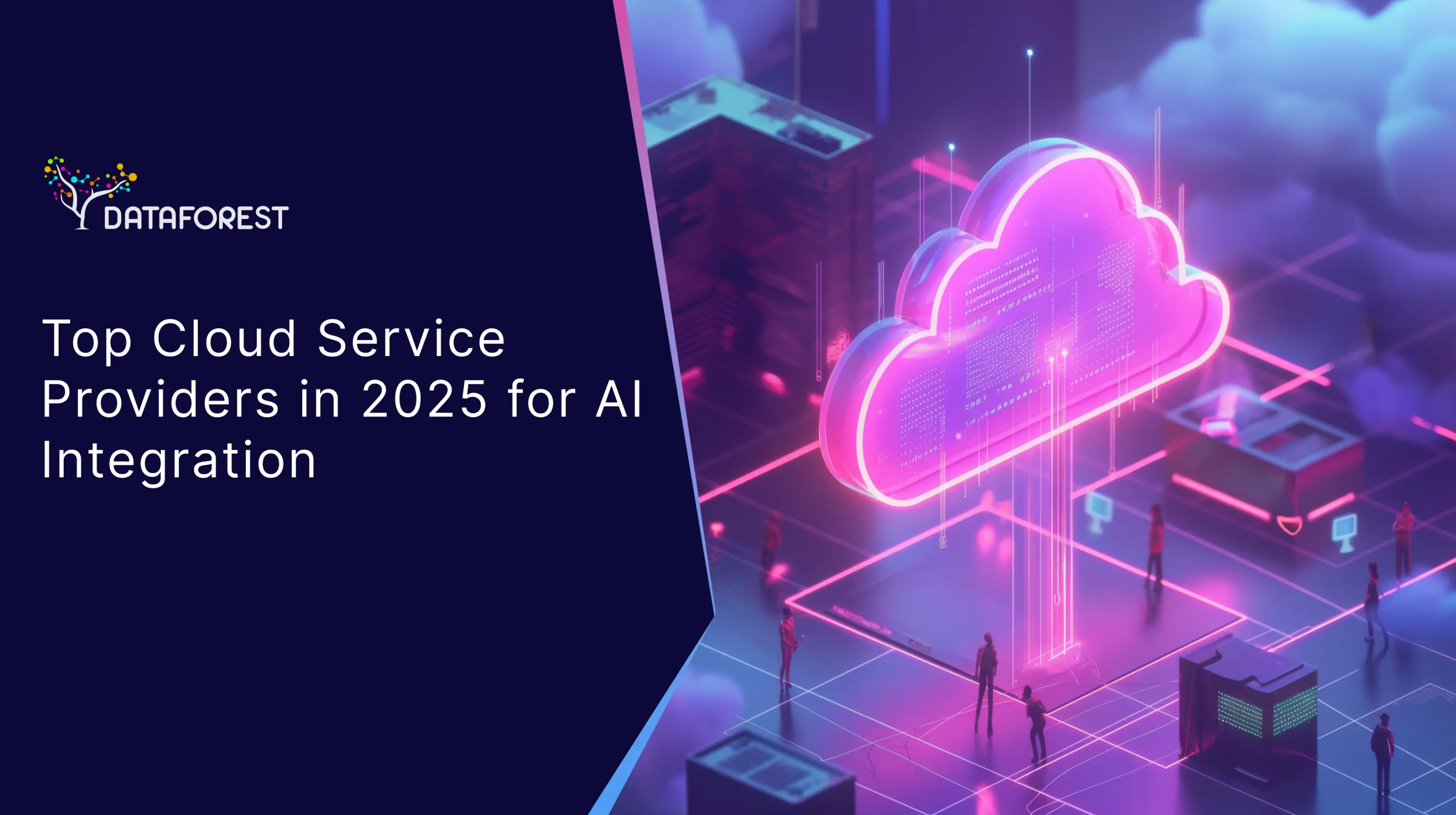



.svg)
.webp)
